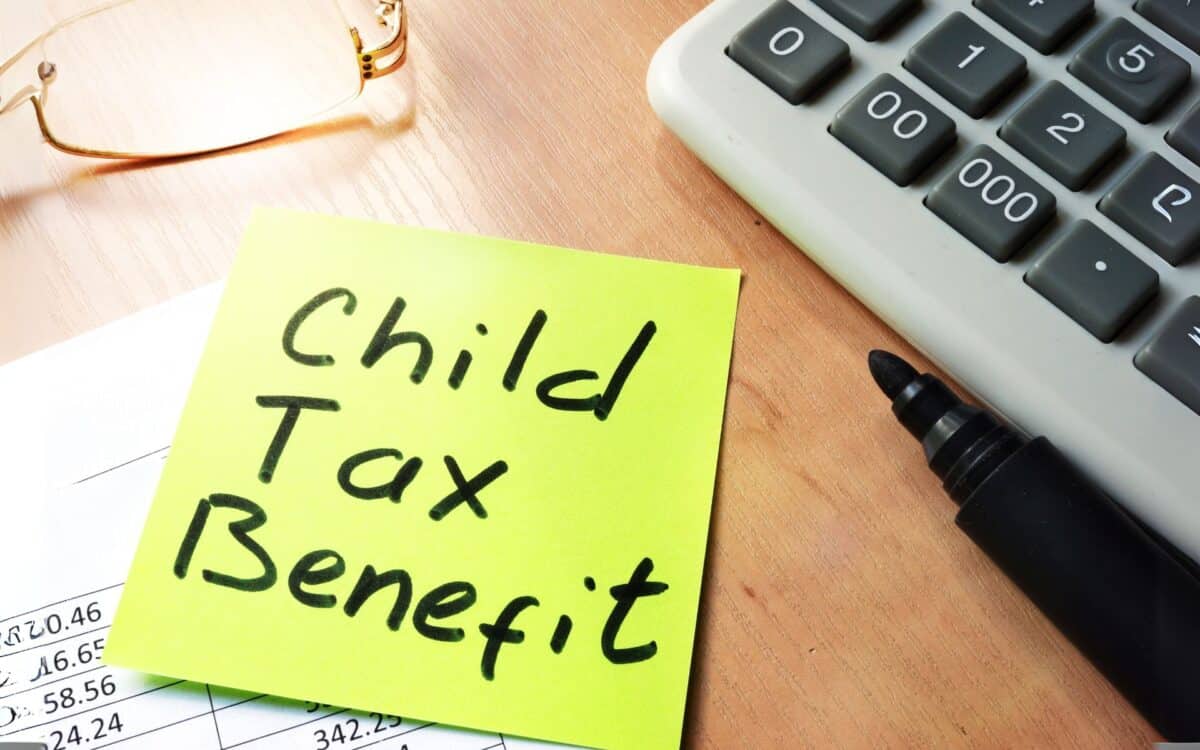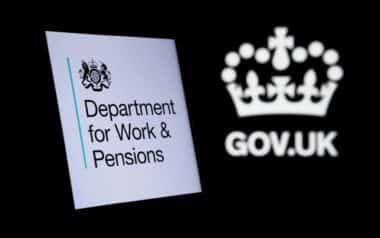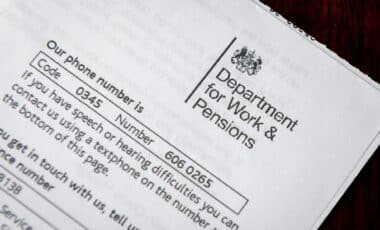The UK government is reportedly considering modifications to the two-child benefit cap, a policy that limits child tax credit and universal credit support to the first two children in most households.
The measure, introduced in 2017 by the Conservative government, has long been criticised by child welfare organisations and opposition parties.
While complete abolition of the cap appears unlikely due to financial constraints, Devon Live reports that officials are exploring ways to reduce its impact on child poverty, with potential adjustments including exemptions for families with young children and those with disabilities.
Discussions are still ongoing, and no final decision has been announced, but any changes could signal a shift in the government’s approach to social welfare.
Proposed Changes to the Policy
Introduced in 2017 by the Conservative government, the two-child benefit cap has faced consistent criticism from child welfare organisations and opposition parties. Reports suggest that ministers are evaluating several potential adjustments to mitigate its impact.
One option under discussion is exempting parents of children under five from the cap, ensuring that families with younger children receive additional support.
Another proposal involves allowing exceptions for parents of disabled children or those in employment, recognising the higher costs associated with raising a child with disabilities or the financial challenges faced by working parents.
Additionally, policymakers are considering increasing child benefit payments for families with young children to provide more direct financial assistance.
A more extensive reform, though reportedly not a priority, involves raising the limit to three children instead of two, which could help ease financial strain on larger families. Another idea being explored is increasing universal credit payments for parents of babies and toddlers, offering additional resources to support early childhood development.
A government source indicated that the primary objective is to reduce child poverty before the next general election. The Fabian Society recently reported that 1.2 million children under four live in households earning less than 60% of the median income, with nearly half of them classified as living in deep poverty.
Political Implications and Labour’s Position
The potential policy shift comes as Labour leader Sir Keir Starmer faces pressure from within his party to commit to scrapping the cap entirely. While Starmer has previously criticised the policy, he has expressed concerns about the financial feasibility of removing it altogether.
A report from the Resolution Foundation warned that, under current policies, child poverty could rise to 33% by the end of the decade, equating to 4.6 million children living in poverty.
The think tank suggested that replacing the two-child limit with a three-child cap—along with abolishing the overall benefit cap—could reduce child poverty by 320,000 children at an estimated cost of £3.2 billion per year. Fully removing the two-child cap would require £4.5 billion annually.
Labour’s hesitation on the issue has already led to internal tensions. Last year, seven Labour MPs were expelled from the parliamentary party after opposing the government’s stance on the cap.
Former shadow chancellor John McDonnell, who was suspended from the party over his opposition to the cap, warned: “No Labour government in history has stood by and allowed child poverty to increase on its watch.”
Financial and Social Impact
The government has cited budgetary limitations as the primary reason for maintaining the two-child cap. However, economists and policy analysts argue that relaxing or scrapping the cap could have long-term economic benefits, particularly for children’s health and well-being.
Other measures under discussion include extending free school meals to all families on universal credit, which could provide essential nutritional support to children from low-income households.
Additionally, linking local housing allowance to rents is being considered as a way to ensure that housing support remains effective and reflects real market conditions.
Another proposal involves the introduction of a “child benefit lock”, which would guarantee that child benefit payments increase annually in line with earnings or inflation, helping families keep up with the rising cost of living.
Adam Corlett of the Resolution Foundation stressed that addressing child poverty requires more than rhetorical commitments, stating: “A credible strategy must involve reversing key policies that have contributed to rising poverty rates.”









